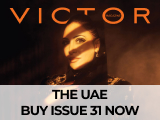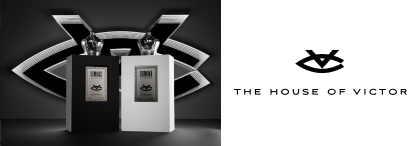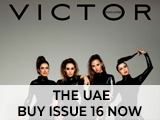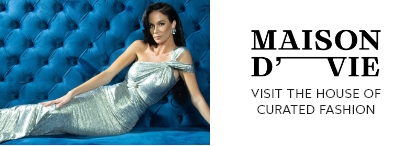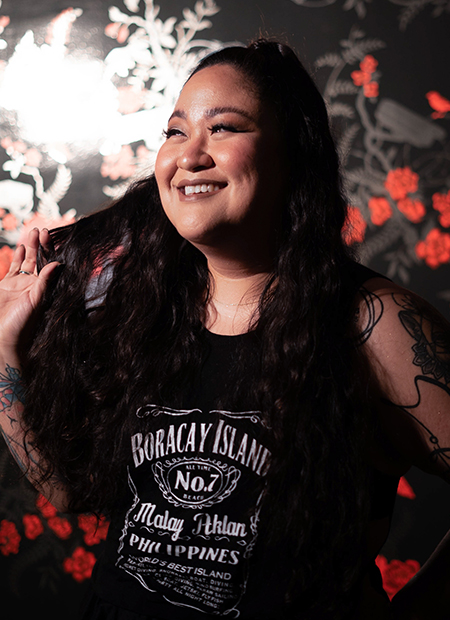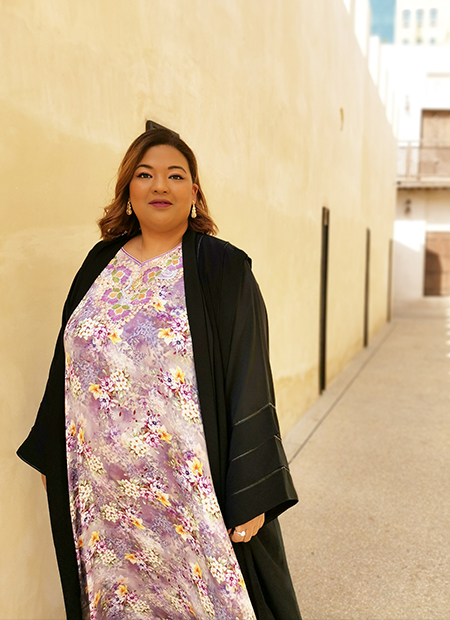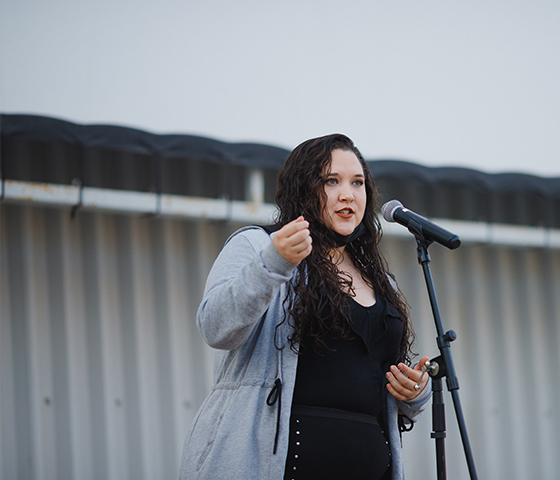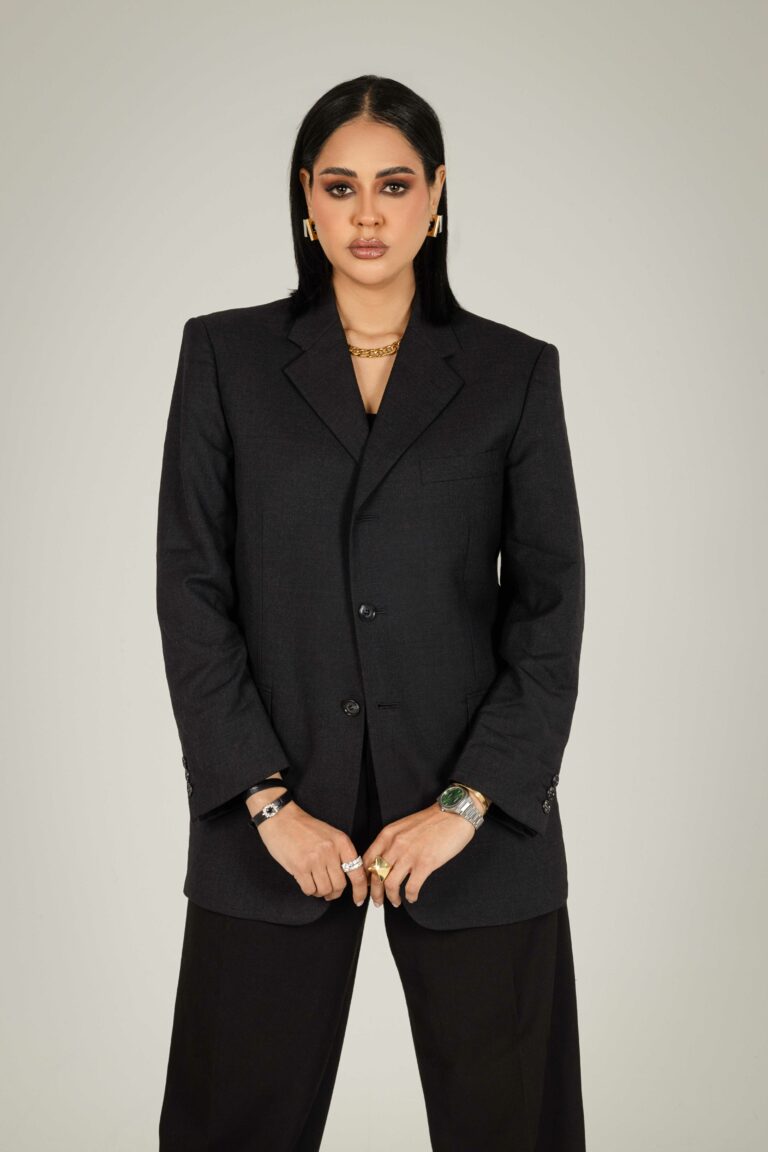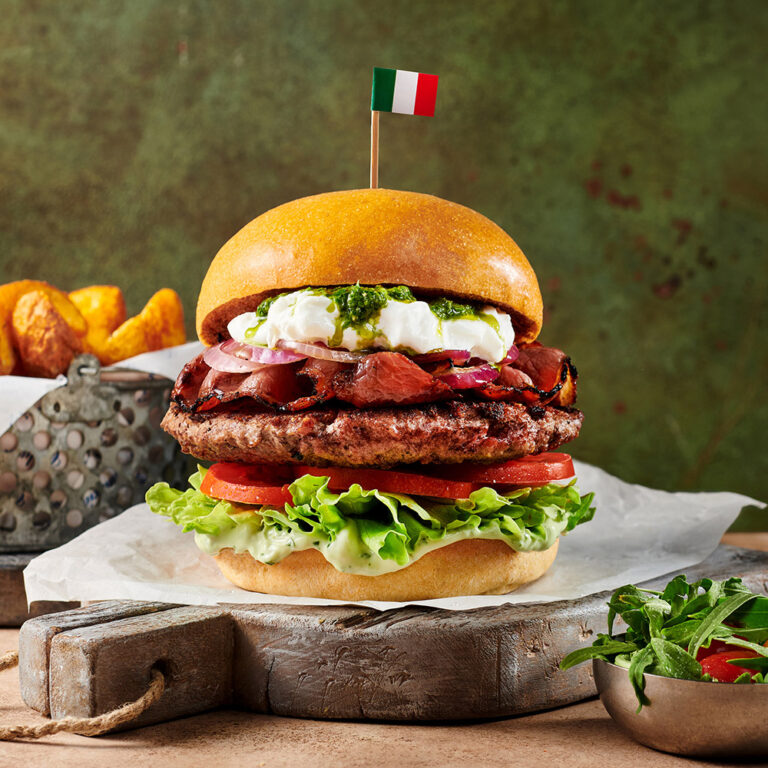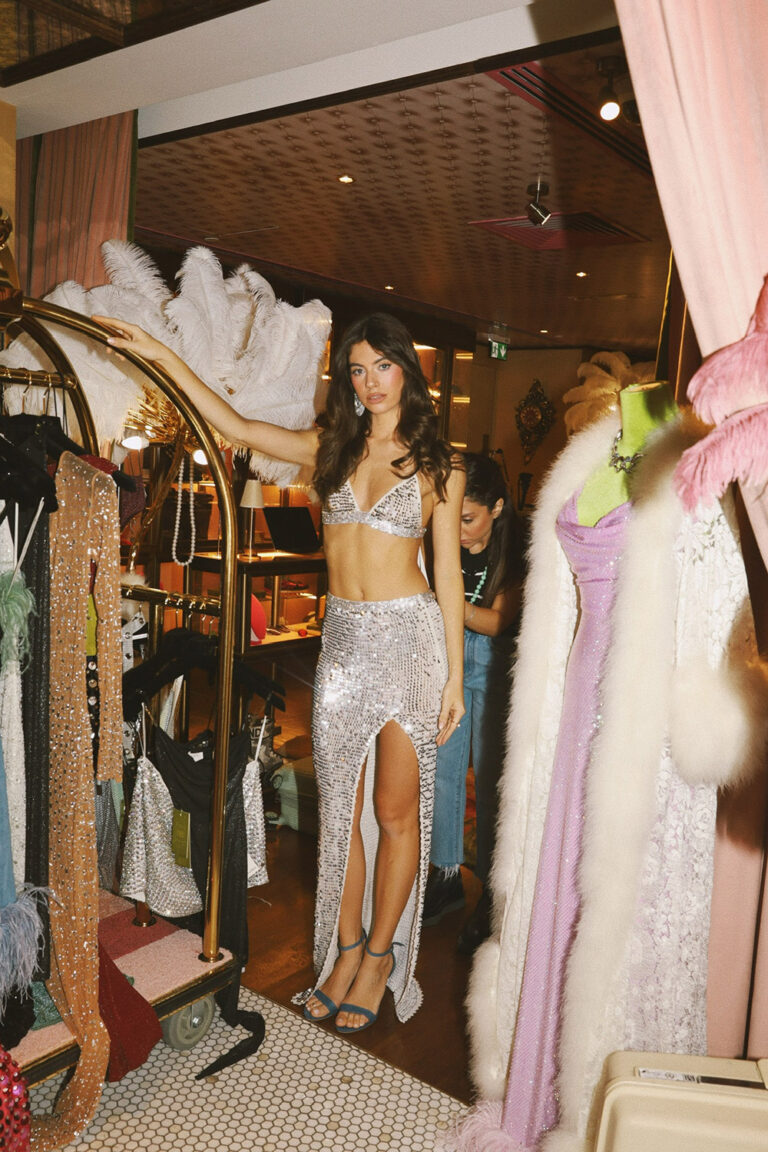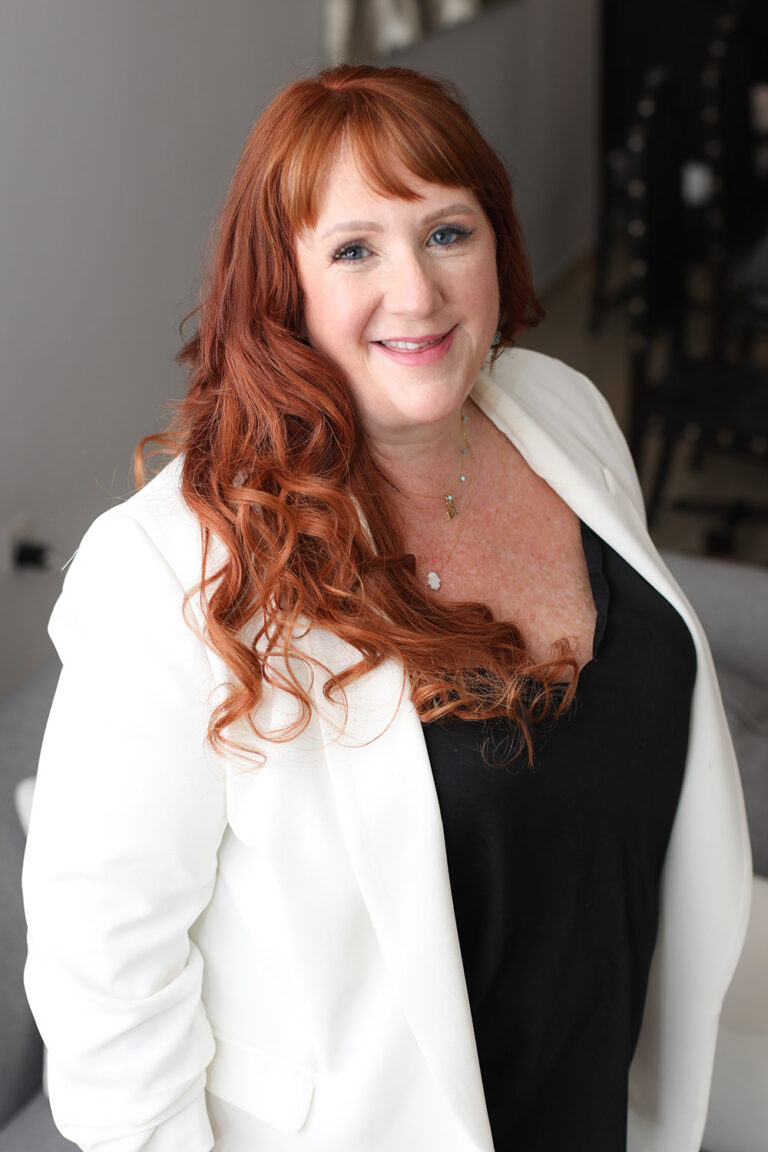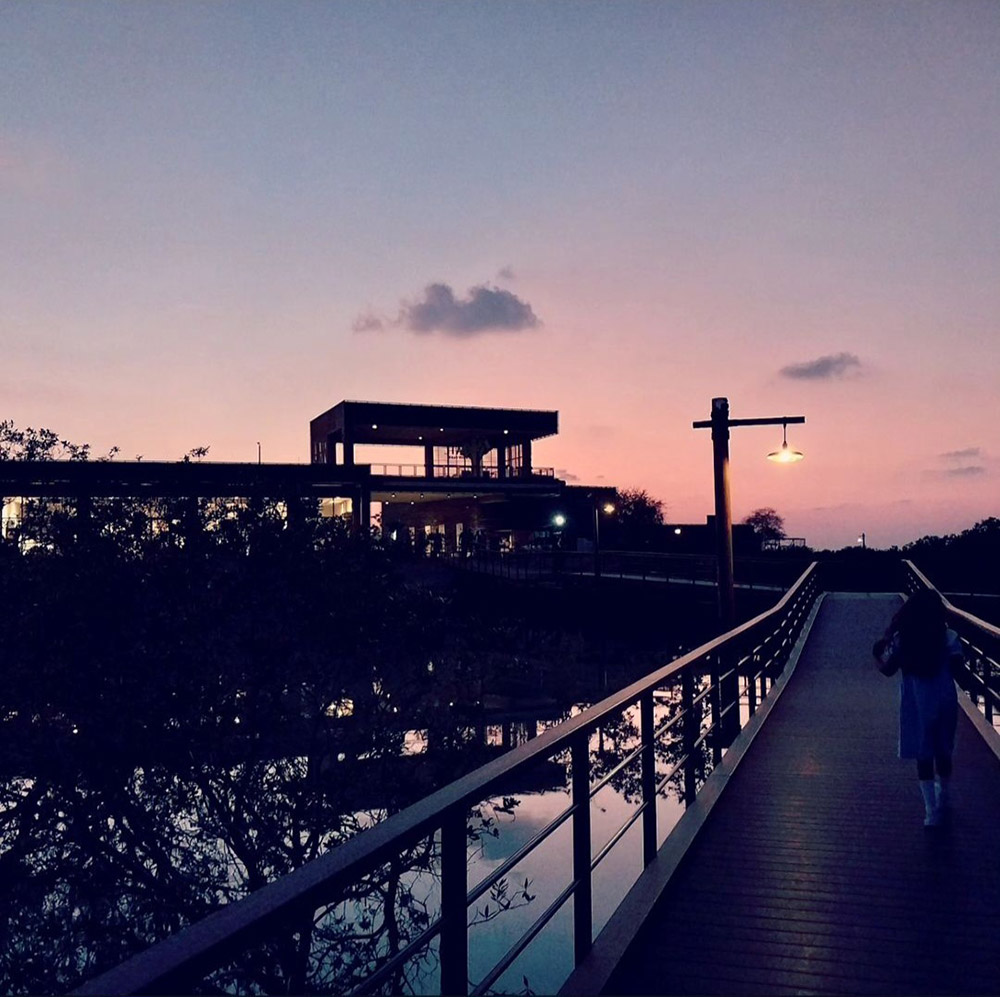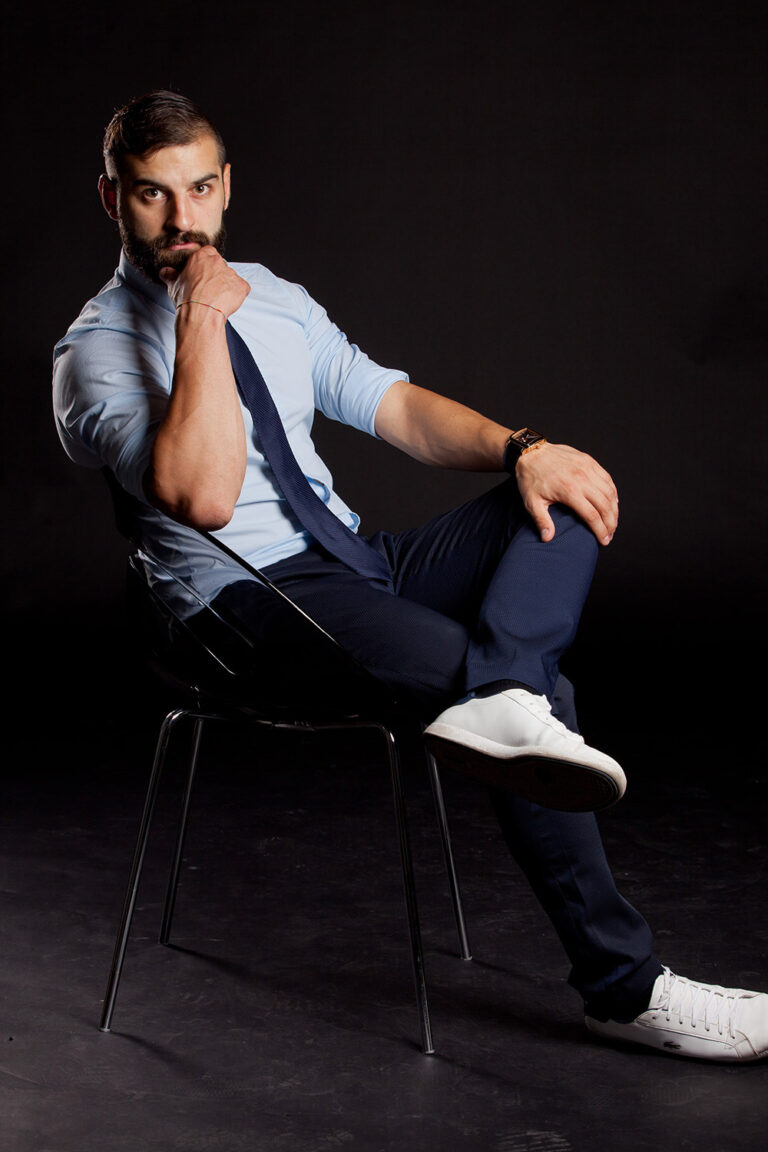
The Influencers of Spoken Words and Poetry
Ruslan Baiazov
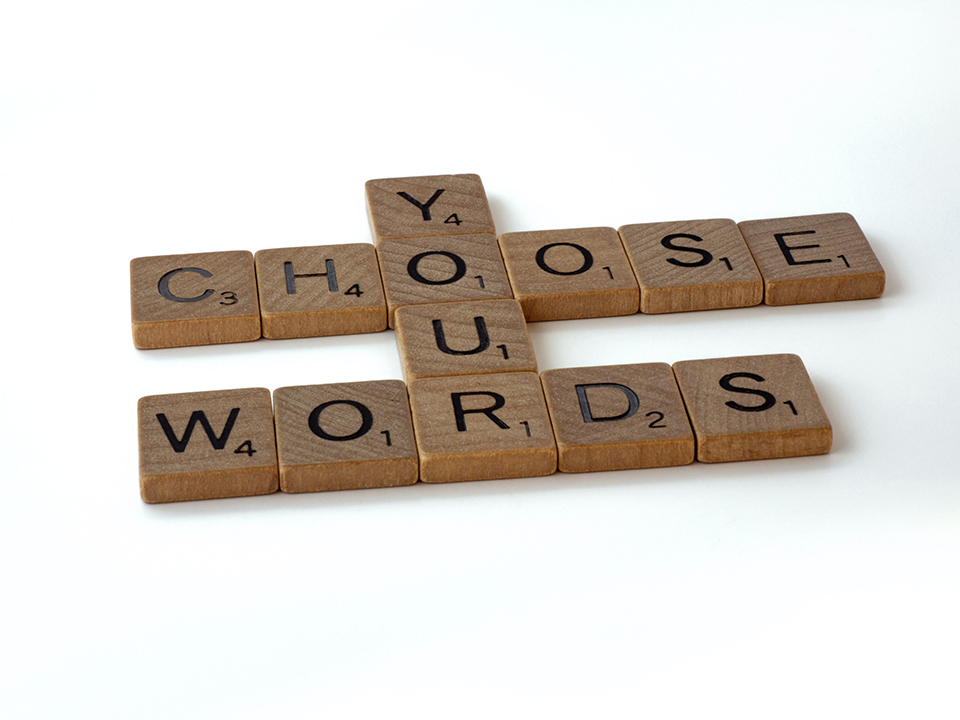
- Photo by: Brett Jordan (Unsplash)
“Let me live, love, and say it well in good sentences” are the wise words by Sylvia Plath, whose own work has inspired countless poets around the world. It’s a pleasure to dissect the intricate individuals who will be discussed in this issue of Victor Magazine. These 4 spoken word artists have shown an immense array of talent when it comes to their craft. Each one of them is unique and has created their own identity in the language of poetry. The works of Dr. Afra Atiq, Ziad Gadou, Alysia Knowles, and Danabelle Gutierrez will amaze you in their elements of storytelling and poetry techniques. Read down below an interview conducted with each one of them, discussing their work and lives.
- Where do you seek inspiration for your writing?
Danabelle: I draw inspiration from other forms of art and with life in general. I find that when I’m uninspired, it’s because I, either, have not seen, read, or listened enough or I have not lived enough.
Alysia: Maybe it sounds cliche to say “life” but it’s searching for the root of the problem or a beautiful metaphor. Struggling with mental illness the entirety of my life has created a craving to create, to paint a picture so someone could understand, to pull the feelings outside my body so that I can look at them and understand them better myself.
Afra: My writing is born of mainly experiences, conversations, reading, art and language. I believe that sometimes you find inspiration and other times it finds you, and sometimes in the most unlikely and unexpected places.
Ziad: I do not usually seek it; it somehow always finds me. The tools of writing, like metaphors, allow us to make sense of things that do not make sense. It allows us to process indigestible moments or life experiences. For example, a poet once compared his grandfather’s dementia to a Rubik’s cube. That is a very strong, relatable and visual way to explain the very complex experience of dementia. That is where I find inspiration, digestible imagery, in words that could somehow bridge a link from this difficult experience to the wider audience.
- How did you first enter the world of poetry and spoken word?
Danabelle: I started writing when I was very young, I wanted to be a singer, so I would write song lyrics which, I suppose, is a form of poetry. About 8 years ago, I pushed myself to write an entire novel and it wasn’t very good. But I wanted to keep writing, so I kept writing. However, my attention span could not focus on anything longer than a page. So, flash fiction turned into prose and prose turned into poetry and here I am. Despite my nerves (and yes I still do get nervous 8 years in), I force myself to read and perform my poems in front of people in various open mics and poetry nights here in Dubai, because I believe that all poetry should be read and read out loud, and who else was going to read my poetry, but me.
Alysia:I was in Eugene, Oregon. I was 17 and a guy standing on the street handed me a flyer for a poetry slam. Which I didn’t even know was an art form. I tried it and cried myself off stage, stage fright is a problem, I wouldn’t get back on stage for 7 years.
Afra: I don’t think there was ever a point where I knew I was walking into the world of poetry. I like to think that I did not choose poetry, but that poetry chose me. My mother read to me as a child and I know that as soon as I was able to read much earlier than most children in my age group. I was always reading and I think writing was a natural progression from that. Words, literature and storytelling have always been constants in my life for as long as I can remember. In fact, one of my earliest memories is being very, very, young and flipping through pages of a big dictionary. I’m sure I had no idea what all those words on the pages were, but I remember the excitement and awe. In my mind, that was my beginning with words and in time poetry.
Ziad: A close friend took me to Rooftop Rhythms, a poetry open mic event in Abu Dhabi, in 2013.
- For those who are not acquainted with your work, give the readers a bit of an introduction to it. What can they expect?
Danabelle: For a while, I had a reputation for being a heartbreak poet. For a while, I thought it was because I was heartbroken, and perhaps partly, but years after the fact, I found stuck in that zone, and I realized it was because I was uncomfortable with people seeing me, the real me, my life, my story and I was more comfortable with hiding my real self behind “the lover”. Once I got over myself and that hurdle, my work has taken a turn towards identity, in fact, it is currently obsessed with identity with regards to locus, landscape, and home. There’s still some love there, and of course heartbreak, but I have softened, so it is softer.
Alysia:When I first got back on stage after those 7 years my writing was predominantly about heartbreak, feelings of loss, betrayal and introspection. Now I think it focuses more on healing from childhood trauma, what it means to be a woman and what it means to be a woman, who’s suffered from trauma navigating mental illness.
Afra: There are twists and turns in my work, emotional and technical. I like bending different concepts of what poetry can be and using language in unexpected but relatable ways. My work is multi lingual and multi directional. I write in a blend of English, Arabic and French. There is a lot of word play and cultural references in my poetry, with themes that reflect heritage, legacy, collective memory, self reflection and so much more. I come from a long tradition of poets and storytellers and I consider it an immense honor to continue and contribute to this legacy.
Ziad: They can expect vulnerable energy. They can also expect a lot of arm swinging, untimely laughter and rap-like cadences! I speak to the readers the way I wish my emotions were spoken to, loud and clear. I do not hide the emotion in subliminal phrasing. I try to the best of my ability to say the thing you were thinking but scared of saying out loud, every time. I believe that spoken word is a lot closer and way more intimate to the audience than most artforms, at least that is what I try to deliver in my performances.
- Who are the artists/writers that have had the biggest influence on your writing?
Danabelle: I have a few, but if I were to choose just one, and this will come as no surprise to anyone who knows me, I will have to say Richard Siken, who is my favorite poet of all time. His writing is what my writing aspires to be when it grows up.
Alysia:I believe it would be nearly impossible for me to only name a handful. Through the 7 years I was scared to get back on stage I consumed so much spoken word poetry and literature.
Afra: There are so many writers who have been influential on me and my writing. The list is constantly growing, but a few names are always atop the list: Hessa Al Balooshi, Amal Al Sahlawi, Dr. Shahd Al Shammari, Carlos Andres Gomez, Christine Jean Blaine, Danabelle Gutierrez.
Ziad: Jaysus Zain, Paul Dorian, Kendrick Lamar, Phil Kaye, Amr Hassan, Buddy Wakefield, Safia El Hillo, Andre 3000 – I could name about a billion.
- What has been the biggest challenge when it comes to your craft?
Danabelle: Getting my skills to meet my standards and I have to admit it is an ongoing challenge. While I’m in the neck of doing and making the work, I obviously have blindspots that I am only able to be aware of and identify in retrospect. And my standards evolve, the more I live and work, so the chase is constant.
Alysia:Editing. I tend to write as a way to process what I’m feeling. So going back and editing something can be a difficult journey once I am no longer inside the feeling.
Afra: I would say that self doubt is a real and present occupational hazard of being a writer, so that has been a challenge.
Ziad: Staying consistent. The pressure of always “producing content”. In this day and age where artists are called content creators, it is hard to ignore the pressure of being present. With the constant exposure to a huge number of artists all the time, you feel like you are a drop in an ocean of talent. “How to always stand out?” – is not always a positive way to think about self-expression, I am still figuring it out!
- What message would you like to spread with your work?
Danabelle: I don’t really have a message or an agenda with my work. I’m just out here, using my voice, thinking out loud in poetry which is a form of singing, hoping somewhere someone is listening and enjoys it, and hopefully enjoys it enough to sing along.
Alysia:No matter how cheesy this sounds, it is the truth, “You are not alone”. It sounds like something we have been told over and over and over again. We understand other people have gone through or will go through similar circumstances or feelings… except when we are neck deep in our feelings, we lose sight of that and the reminder, whether it’s a poem or book or a conversation with a friend, that we aren’t alone I think gives us strength to keep pushing.
Afra: I think it is all about honoring and celebrating our stories. I hope to inspire and be inspired.
Ziad: My work stems from my personal experiences which not many people can describe in the exact way. The fact that someone feels seen or heard through it is always a pleasant surprise. I am still discovering my purpose as a writer. I think it’s a lot of pressure to say, my work solely serves this or that purpose. What I can say is, if I can write about my own unique experience, I hope that my attempt inspires you find a way to validate yours too.
- What advice would you give to the young poets and writers?
Danabelle: There’s really no other way about it—You read, you write. You read some more. And you write some more. Also, live. Live hard, live well, and write about it.
Alysia:Keep writing and never delete or throw away your poetry. Being able to go back and read what you have previously written can A) inspire new pieces but also B) remind you where you started, be it in the quality of your writing or emotionally and mentally.
Afra: There are no writers without readers and no readers without writers. Write and keep writing, read and read some more. Read far and wide, in different genres. There is always more to say and to learn, so learn about your craft. Understanding the value of your voice and know that your voice is important as is your story.
Ziad: The great Safia El Hillo gave me this advice: “fill your well”. If your well is literary, fill It with books, if yours is musical, then feed it music, if it’s visual then fill it with films and series. Whatever it is that sparks an internal conversation and fuels your imagination, keep that source going. If you, like me, write things because you cannot always say them, then do not let anything else get in the way of your relationship with writing. Kind of like a romantic relationship at the early stages, keep it private. Not an audience, or a platform, or a circumstance should get between the two of you.
By Author
no related post found

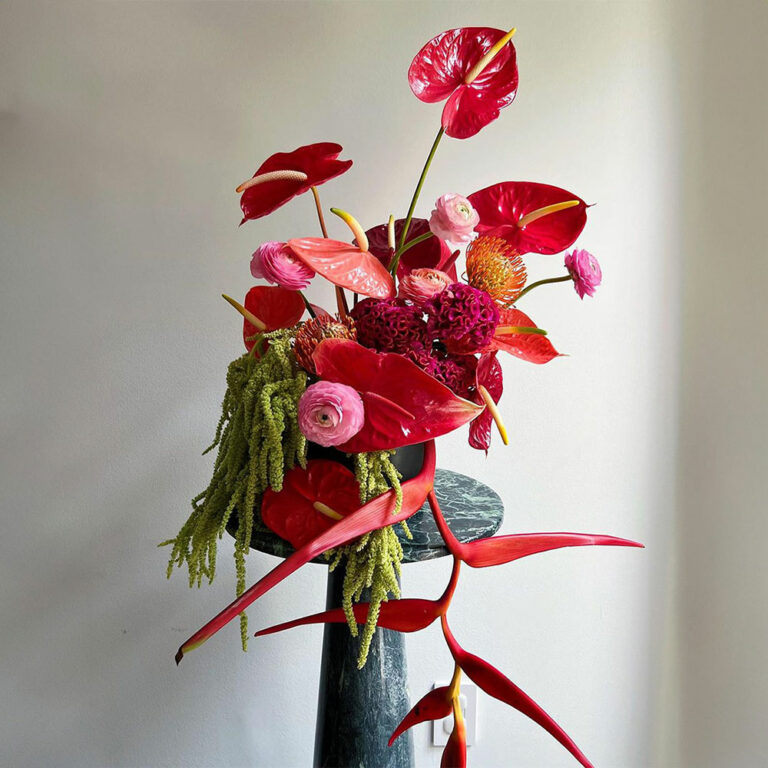
“Flowers are our favorite F word!”

Indulging in Love and Flavor at Playa: A Valentine’s Day Delight
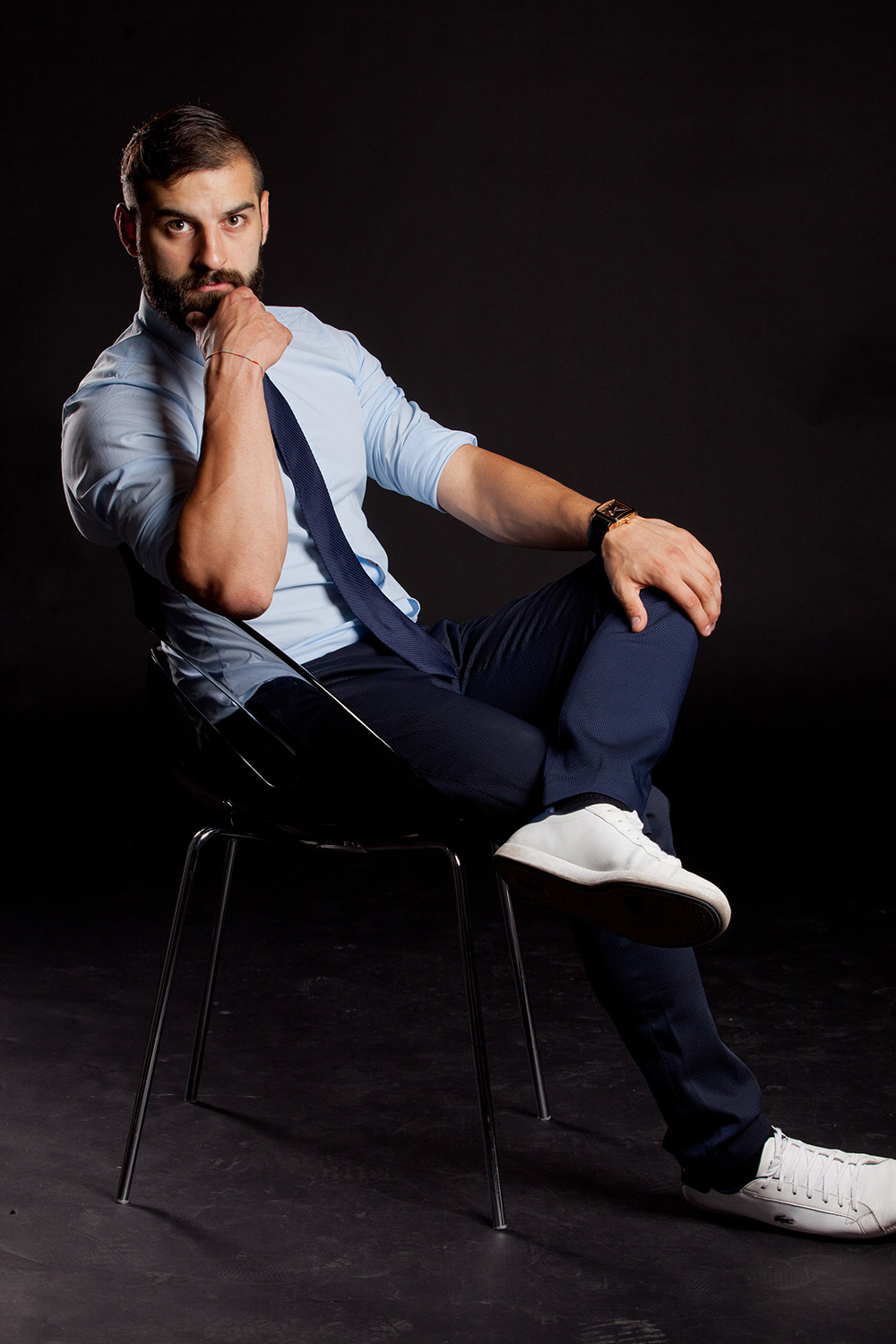
MESMERIZE: Where Artistry and Innovation Unite in a Ballet of Elegance
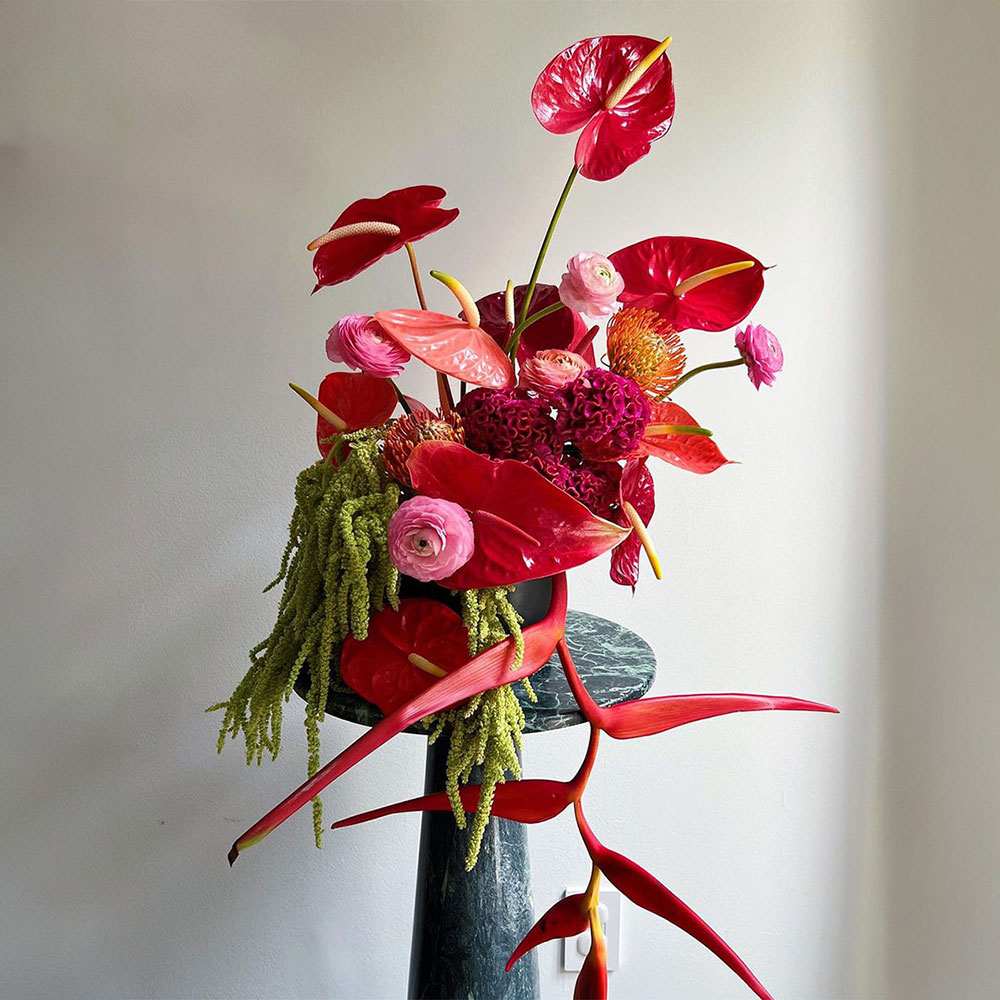
“Flowers are our favorite F word!”

Indulging in Love and Flavor at Playa: A Valentine’s Day Delight

